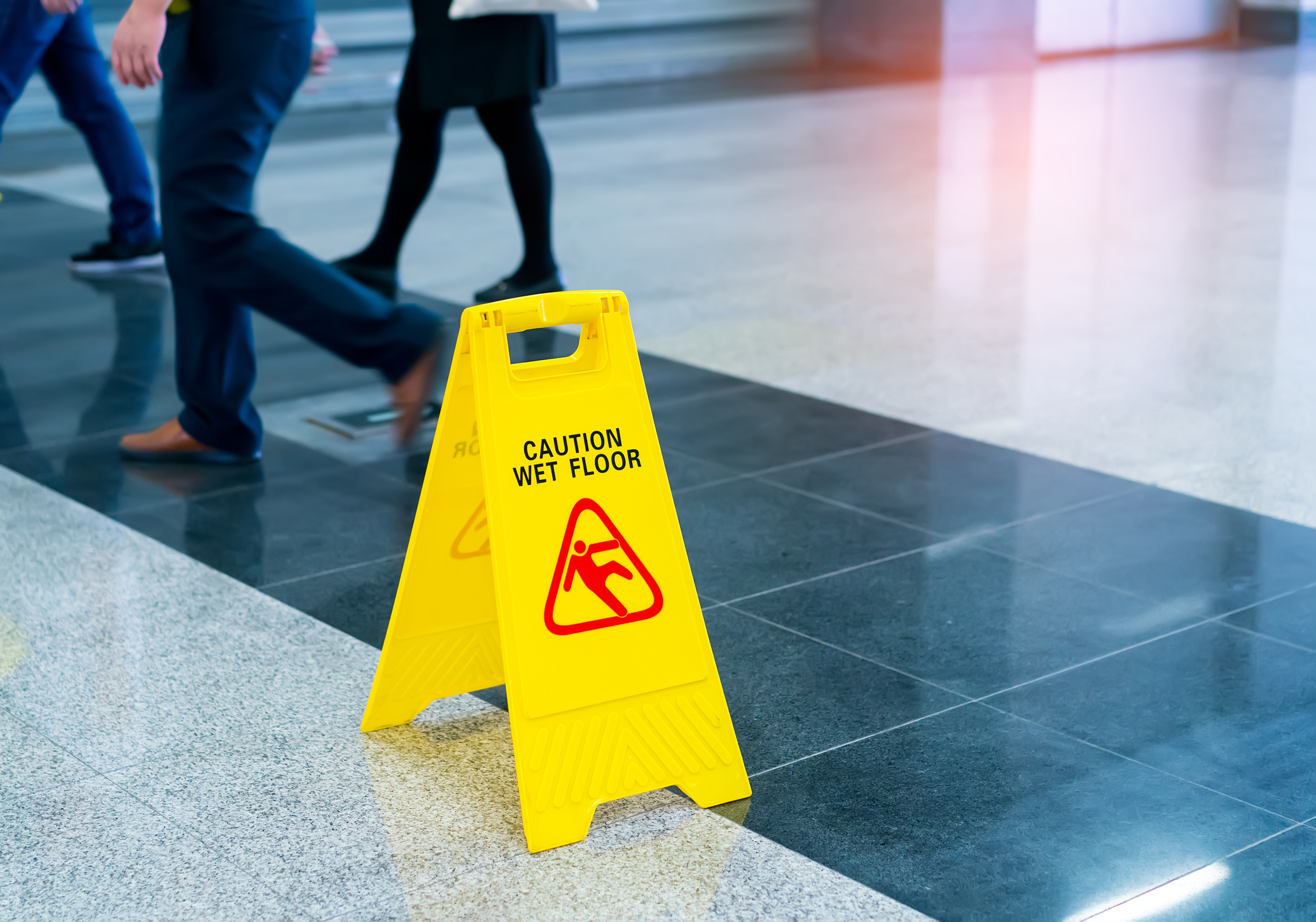Handle with Care: PTSD Claims in Law Enforcement
It is estimated that an average of 15 percent of law enforcement officers in the U.S. experience post-traumatic stress disorder (PTSD) symptoms. Understand what may prompt a workers’ compensation PTSD claim and how legislation is changing coverage.
August 1, 2022

According to the National Alliance on Mental Illness (NAMI), 1-in-4 police officers has experienced suicidal thoughts at least once in their lives. In fact, suicide accounts for more police officer deaths than those killed in the line of duty in the U.S. PTSD claims are on the rise in law enforcement, but some injured officers are opting for early retirement instead of workers’ compensation benefits, which can delay any further treatment of symptoms. Additionally, early retirements can strain the financial resources of public entities that only receive partial reimbursements for mandated health insurance costs.
Melissa Muelchi, Regional Claims Manager at Safety National, shares how these claims arise and what kind of legislation has been introduced to change compensability.
1. What would prompt a PTSD claim from a law enforcement officer?
Unfortunately, more police officers are responding to and witnessing especially traumatic events, like mass shootings, in addition to the day-to-day incidents they are subjected to where victims are severely injured. Despite significant training, even shooting a gun in a hostile environment can be traumatic to some officers. They may have also seen their partner shot or killed in the line of duty. Any of these events could result in a PTSD workers’ compensation claim.
2. What evidence would be needed to support a PTSD claim?
The necessary evidence can vary by jurisdiction, but in most cases, it must have been caused by a tragic event that occurred outside what is expected of a typical police response. A doctor’s diagnosis would also be required to confirm the event and that the officer is experiencing symptoms.
3. How is legislation leading to more PTSD claims?
Currently, 37 states cover mental-related work injuries, but most only provide coverage in limited circumstances, such as a sudden or unusual incident, or for first responders only. However, a growing number of states are enacting legislation that would allow first responders and the general workforce to receive workers’ compensation benefits for PTSD or other mental health conditions that were caused by their job. Much of this legislation grew from the impact of the COVID-19 pandemic on frontline employees. Aside from state legislature, certain cases in the U.S. have favored employees and first responders in workers’ compensation disputes, which could set a precedent for those seeking benefits.
4. How can presumptions impact compensability?
Connecticut Senate Bill 321 Colorado House Bill 17-1229, and Senate Bill 20-026 are just a few recent bills that would broaden the statutory compensability standards around PTSD and mental injury claims. California Senate Bill 542 included a rebuttable presumption covering firefighter and law enforcement mental health issues as workplace injuries, making it easier to qualify for workers’ compensation benefits to recover by shifting the burden of proof to the employer or insurance carrier. Four states this year have already introduced presumption bills that would make PTSD and other mental injuries easier to qualify for workers’ compensation for first responders. This trend is expected to continue as law enforcement response to major tragedies becomes increasingly visible.

























